What Diwali means to me
Diwali, also known as Deepavali, is a five day festival. The ‘Festival of Lights’ began on October 30. The date of Diwali is determined by the Hindu lunar calender so each year, the dates change. A popular belief for the celebration of Diwali comes from when Lord Rama returned to the city of Ayodhya after serving 14 years in exile. Upon his return, the people of Ayodhya lit the path with lamps and candles to serve as a guide of his way home. It is believed this is why people still light lamps and leave them outside their doors.
Growing up in an Indian household in America, I never felt like I completely understood the significance of a holiday celebrated in Hindu culture. But as I have gotten older, I have come to my own conclusion of what Diwali means to me.
Diwali is an exciting time for me because it means I get to buy new Indian clothes to wear, and of course, I have the excuse to eat an unhealthy amount of food and sweets. Since we don’t have family that lives near us, we normally celebrate with close friends.
It has always been a tradition to gather outside to light sparklers. As a kid, I enjoyed getting to light one and watch the light explode and pop while extending my arm as far out as I could to avoid getting burnt. Now, I’m completely terrified of lighting one. Of course, in the spirit of the holiday, I would light a couple carefully and avoid standing next to that one kid who lights five firecrackers at a time. It’s always a great time with the everlasting laughter and smiling faces.
Diwali is a time for communities to join together to celebrate light over dark, good triumphing over bad. Diwali is a time to appreciate the roots that I came from, what I value and what I represent.
Even though not every house is painted with rangoli (art made from colored sand) at its footstep or decorated with diyas (oil lamps), the people that bring the color and light to the celebration of a culture is what’s important.
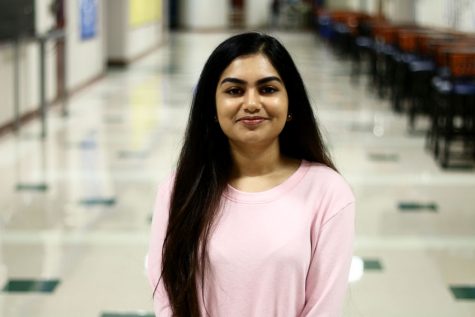
Senior Shreya Rao is the managing editor and this is her third year on the staff. She finds confidence in her eyebrows and she also has an interest for...



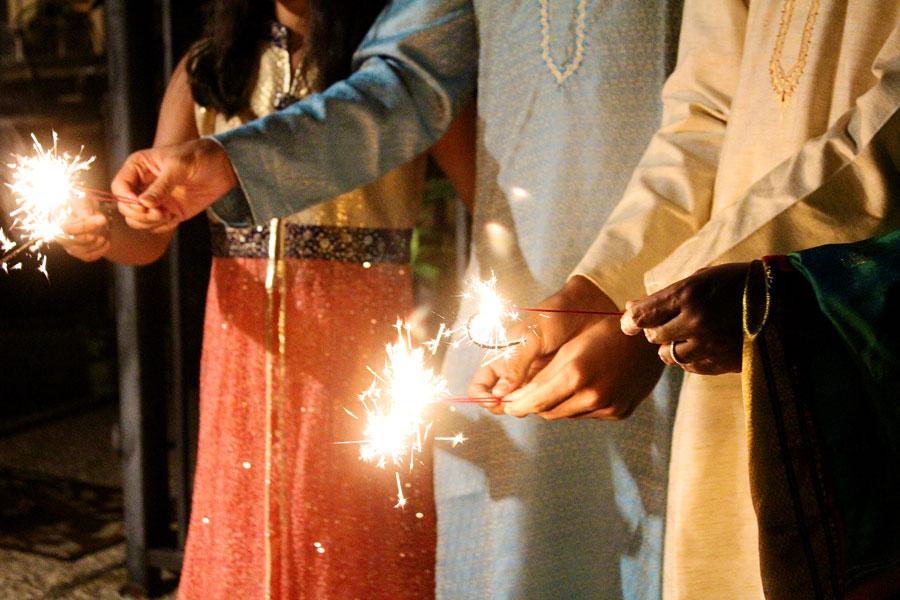
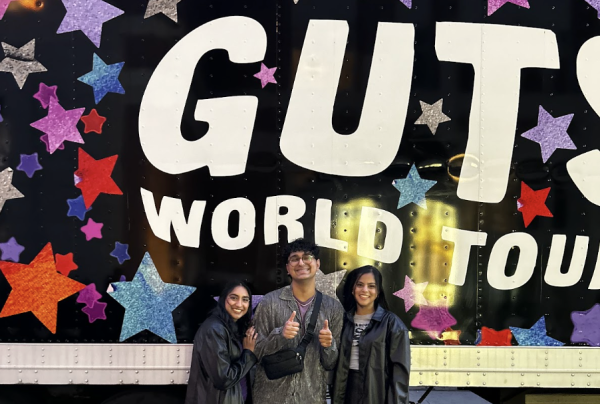
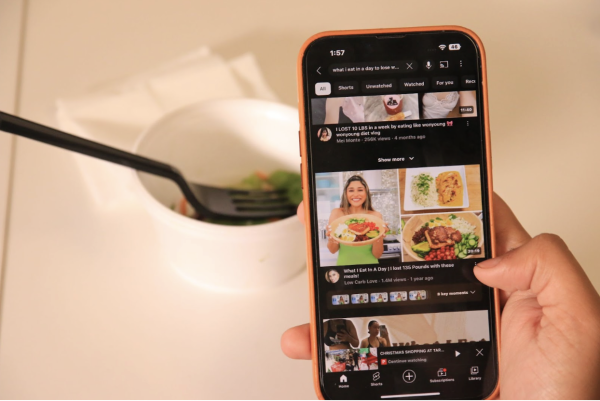

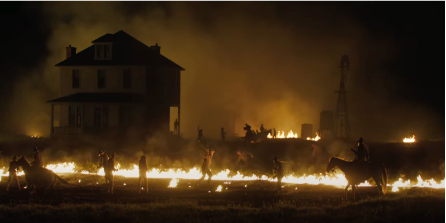
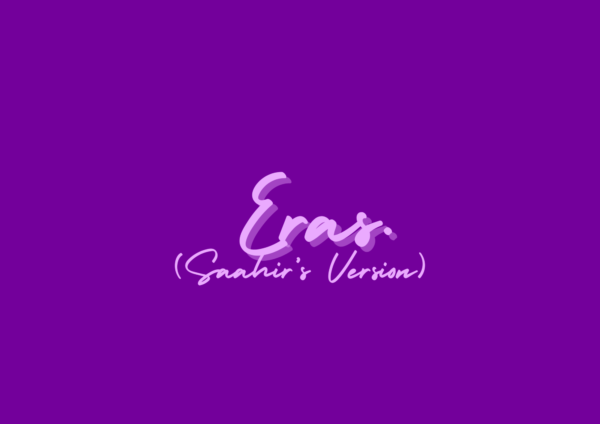
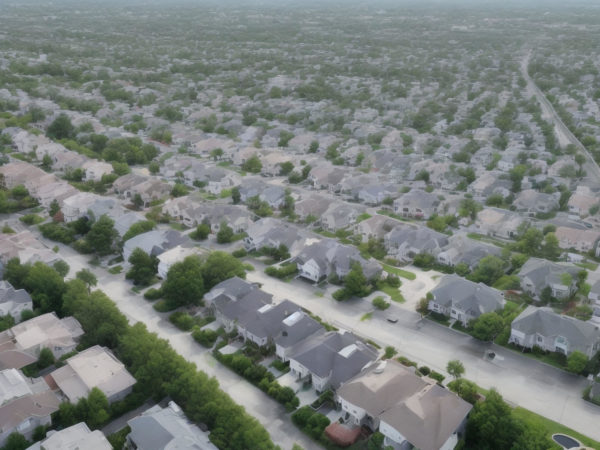
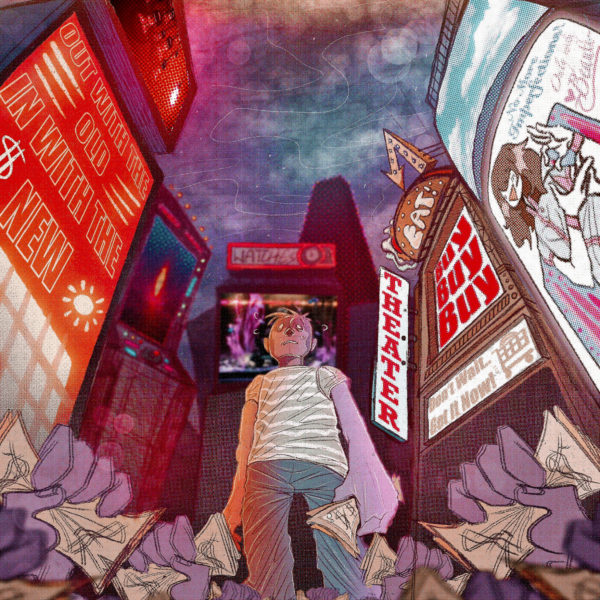
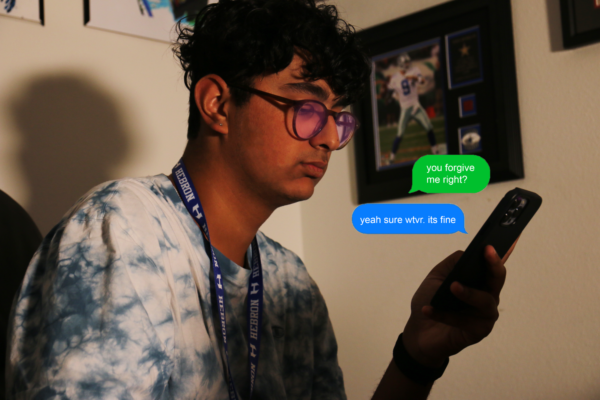
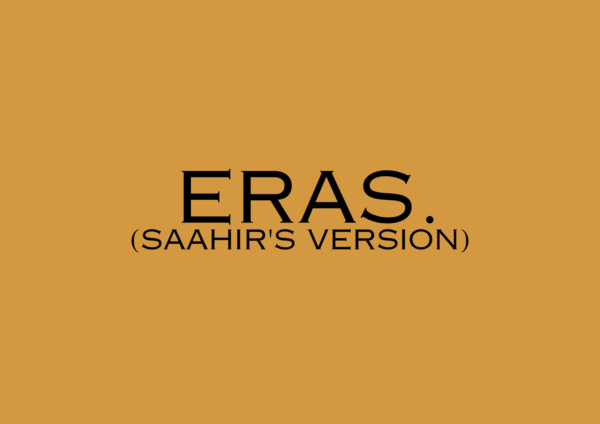
![Junior Chase Harris watches JJ Hatcher’s family being recognized on the field. Harris and Hatcher were close friends, playing baseball together since they were kids and playing football together in high school. “[The game] makes me sad,” Harris said. “But it definitely feels really good because [JJ] will be there in spirit and be with us, cheering us on and running alongside us.”](https://www.hebronhawkeye.com/wp-content/uploads/2023/08/IMG_2267.JPG_YES-600x400.jpg)